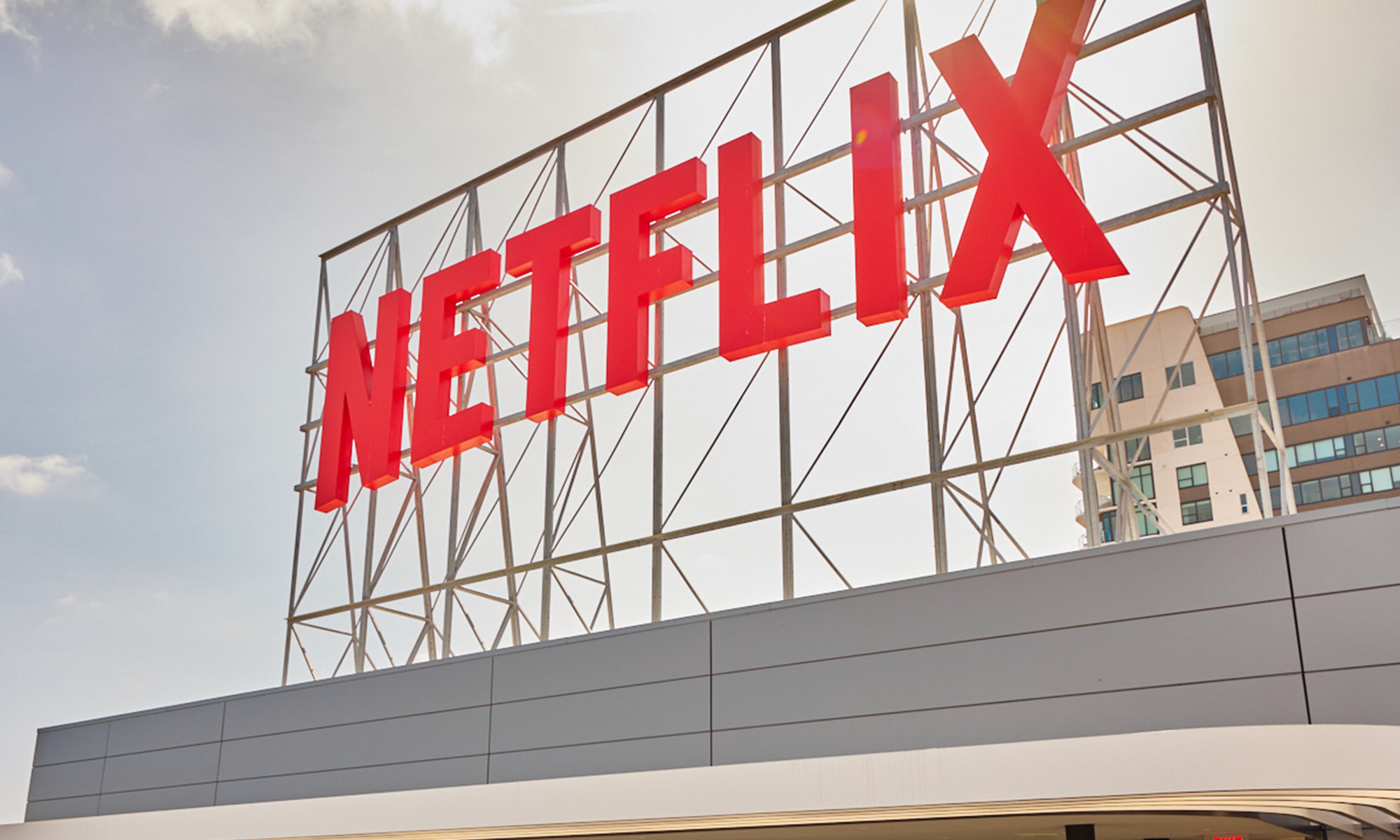Netflix (NFLX +0.23%) and Comcast (CMCSA +2.52%) are two global entertainment giants. While Netflix is the clear leader in the online streaming segment, Comcast is the parent company to a movie studio, theme parks, and NBCUniversal, which operates a large portfolio of news and television networks.
So, which is a better stock to buy right now? In the last decade, Netflix has crushed broader markets and was one of the top-performing stocks in the S&P 500. As we can see in the chart below, Netflix stock has returned close to 3,400% since April 2010. Comparatively, Comcast stock is up 300% over the same period. Based on past performance, Netflix is the clear winner even though Comcast has comfortably outperformed the broader index.
However, past returns are not a top priority for most current investors. The potential for future performance is what drives most investors. That creates two questions: Is Netflix nearing the end of its growth cycle? And will Comcast's share price get another big boost with its entry into streaming? The answers to each could help in determining which stock is the better buy.
The differences between Netflix and Comcast
Netflix has been a fascinating growth story. It was one of the early movers in online streaming and continues to remain a leader in this segment. Netflix branched out heavily into international markets in 2016 and has managed to gain subscribers at a rapid pace. At the end of 2019, it had 167 million subscribers and over 100 million of them were international.
Netflix invests heavily in creating original content that has helped it gain some of those international subscribers. Shows such as Sacred Games and Narcos were critical in expanding its user base in India and Latin America, respectively. In fact, local original series were the most popular titles last year in several countries in Asia.
The streaming service is now available in 130 countries, and Netflix recently entered the animation space with Klaus, a movie that was nominated for an academy award.

Image source: Getty Images.
Comcast, on the other hand, is much more diversified. While it is a well-known cable television brand, pay-TV generates just a portion of its total sales. Linear TV and network TV accounted for 40% of sales, while the rest of the sales consisted of amusement parks, movies, broadband service, and Sky's direct-to-consumer vertical.
Last year, Comcast also announced it will enter the streaming space. While Netflix continues to spend billions of dollars on original content, Comcast already has a vast library of content it can leverage for its service.
Peacock, Comcast's streaming service, was initially set to launch in July this year. However, we have seen that the ad-supported version of this service launched earlier this month to subscribers of Comcast's Flex TV or Xfinity X1.
Netflix has outpaced Comcast historically in terms of revenue
Netflix has seen its revenue rise from $5.5 billion in 2014 to $20.16 billion in 2019, indicating an annual growth rate of almost 30%. According to Yahoo Finance consensus estimates, sales might touch $28.8 billion by 2021. Measured another way, Netflix's earnings per share rose from $0.62 in 2014 to $4.13 in 2019, a growth of 46% year-over-year. Analysts expect earnings to rise by 46.7% in 2020 and 39% in 2021.
Comparatively, Comcast sales have risen from $68.7 billion in 2014 to $108.9 billion in 2019, up 9.7% year-over-year, and its earnings have risen by 12% in this period. Analysts expect Comcast sales to grow by 1.2% in 2020 and 4.4% in 2021, while earnings growth is estimated at -8.6% and 12.6% for 2020 and 2021, respectively.
We can see that Netflix has not only dwarfed Comcast's growth in the last five years, but it is also expected to do so in the near future as well. Netflix's sales in 2019 were about 80% below that of Comcast. However, Netflix has a market cap of $185 billion, while Comcast's market cap stands at $173 billion.
The verdict
Netflix trades at a premium valuation for a reason. It has been one of the top-performing stocks in the current bear market. While markets are down 20% from record highs, Netflix stock was trading at an all-time high on April 16. While people are largely staying at home, the demand for streaming services is bound to rise, which has made the stock coronavirus-proof.
Comparatively, though Comcast is more diversified, its theme parks and movie studios are lying vacant amid the COVID-19 pandemic. The stock is trading 20% below 52-week highs. While the COVID-19 pandemic is expected to be a near-term headwind, Netflix's leadership position and estimated growth rates make it a better buy than Comcast for long-term technology investors. I am not bearish on Comcast. I am just saying Netflix is the better buy right now.








